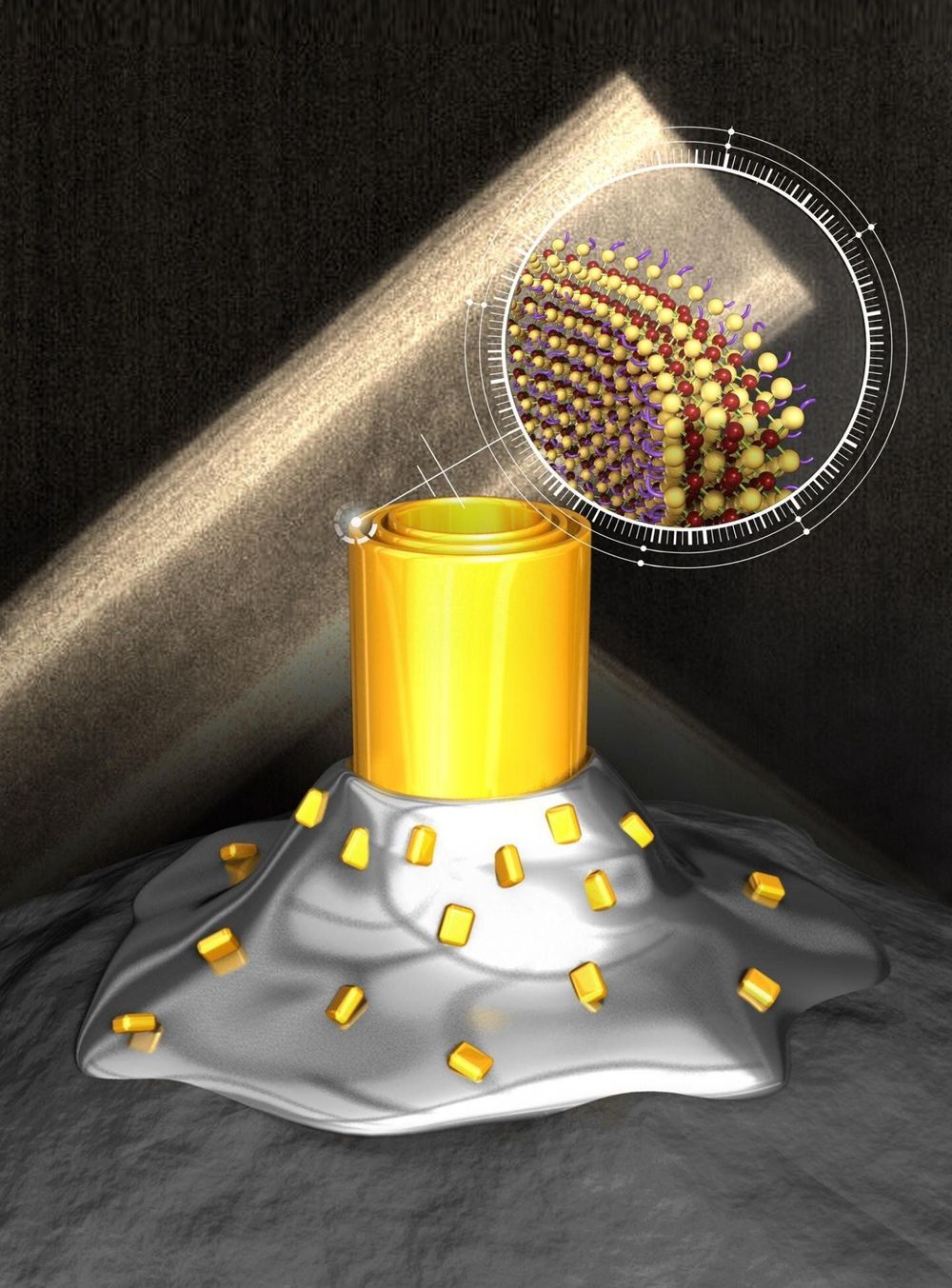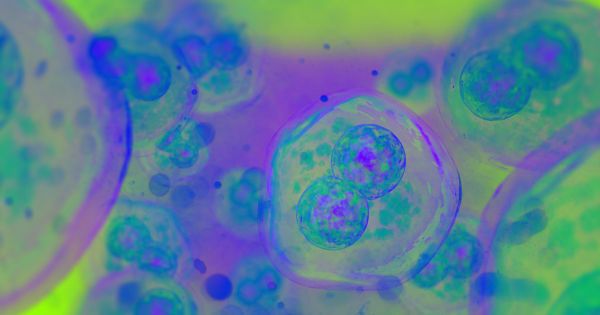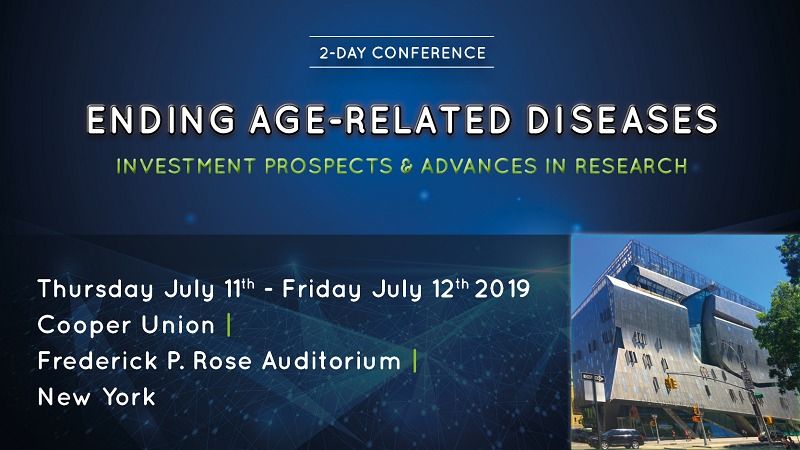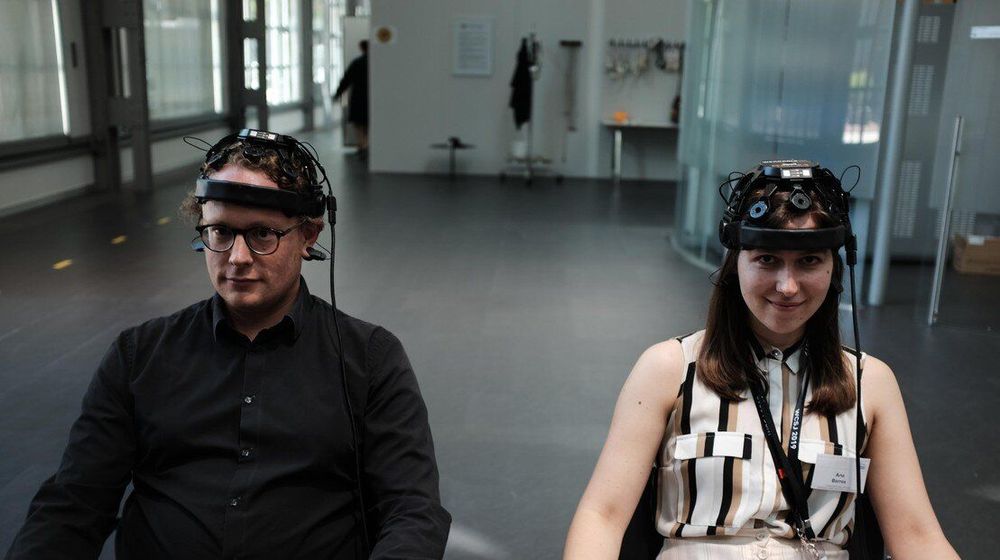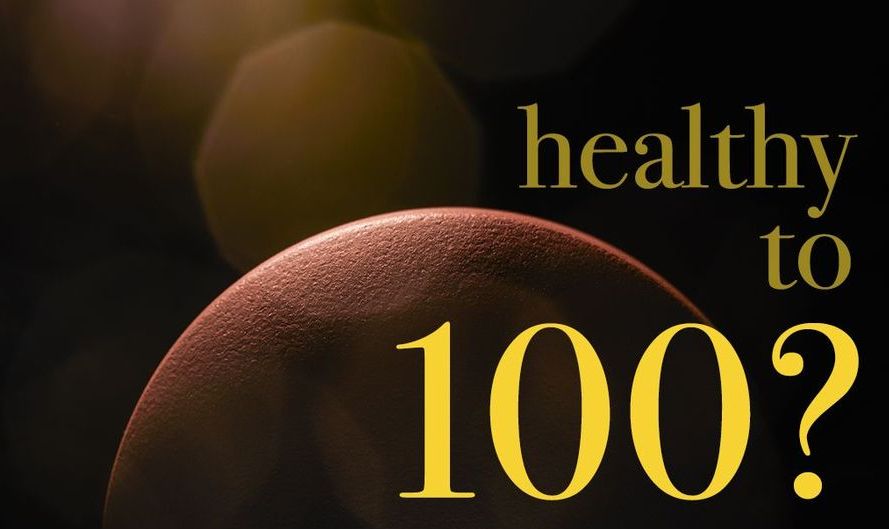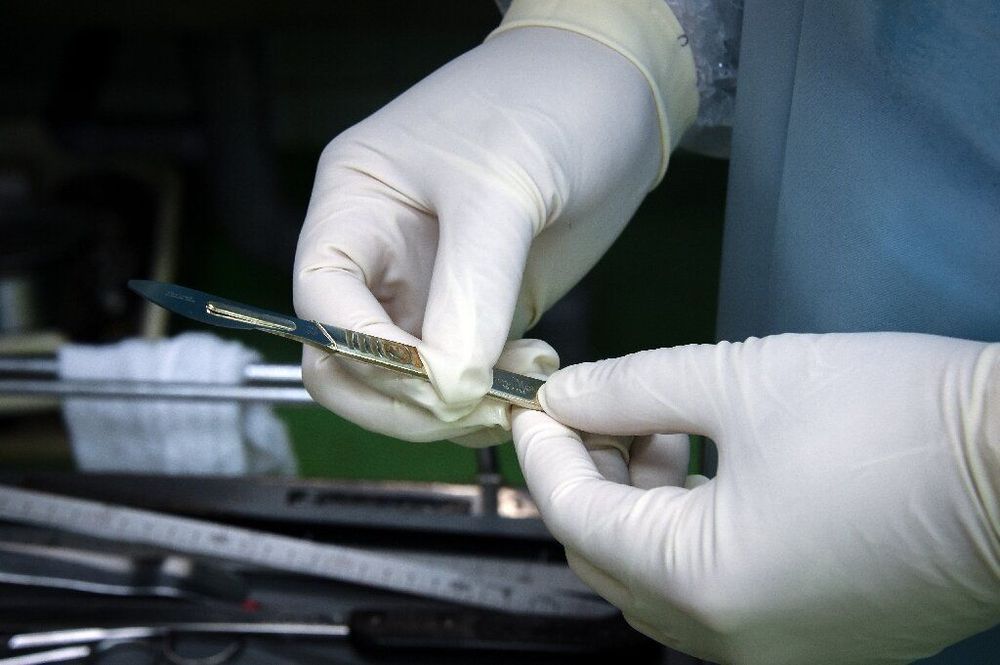Think of DNA and chances are the double helix structure comes to mind, but that’s only one piece of the puzzle. Another major part is mitochondrial DNA, and in plants that’s even more important – and so complex that scientists haven’t yet been able to edit the genes in there. Now a team of Japanese researchers has managed to do just that, which could help improve the genetic diversity of crops.

